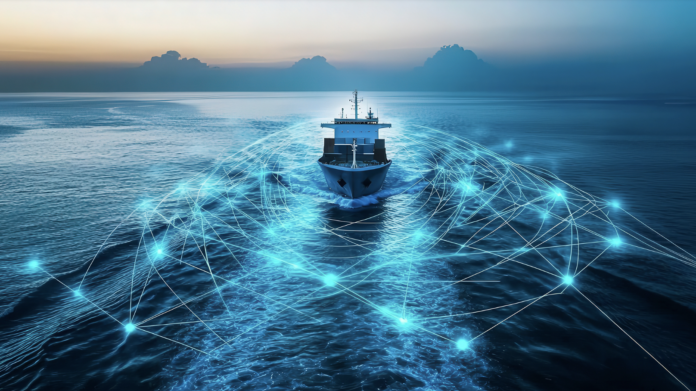
The International Maritime Organization (IMO) is taking significant steps to develop a comprehensive strategy that leverages emerging technologies to enhance efficiency, safety, and sustainability in the shipping industry.
During its 49th session in London from 10 to 14 March, the IMO’s Facilitation Committee (FAL) outlined a work plan for creating the IMO Strategy on Maritime Digitalization, which is expected to be adopted by the IMO Assembly by the end of 2027. This cross-cutting strategy will encompass various areas of the IMO’s work, fostering a fully interconnected, harmonized, and automated global maritime sector.
To guide this process, the Facilitation Committee established a Correspondence Group tasked with defining the strategy’s scope, key objectives, and implementation framework.
Over the next year, the Group will work to identify existing and emerging technologies, standards, and methodologies that can support maritime digitalization while ensuring alignment across different IMO committees. The Facilitation Committee also invited the Marine Environment Protection Committee (MEPC) and the Maritime Safety Committee (MSC) to encourage Member States and international organizations to participate in the Correspondence Group, ensuring broad stakeholder involvement from the outset.
Moreover, the Correspondence Group will present a report at the next session of the Facilitation Committee (FAL 50) in 2026, with a final submission to the IMO Assembly scheduled for the end of 2027.
IMO Secretary-General Arsenio Dominguez emphasized the transformative potential of cutting-edge technologies such as artificial intelligence and autonomous navigation while acknowledging related challenges, including cybersecurity risks and the global digital divide.
He described the IMO Maritime Digitalization Strategy as a game-changing initiative aimed at enabling smooth, seamless, and smart shipping. By integrating vessels and ports, improving logistics, and optimizing routes, the strategy will contribute to reducing greenhouse gas emissions. He underscored the importance of collective efforts to ensure the strategy benefits all stakeholders.
The strategy builds on previous achievements, including the introduction of mandatory Maritime Single Window (MSW) regulations last year, which require ships and ports to use a unified digital platform to exchange information and streamline port call procedures. The 49th session of the Facilitation Committee also advanced key digital initiatives, such as updating the IMO Compendium on Facilitation and Electronic Business to enhance standardization and interoperability across maritime IT systems.
Amendments to the Maritime Single Window Guidelines were approved, introducing verification functions to reduce manual administrative tasks and eliminate redundant checks by different authorities.
Additionally, a new initiative was introduced to develop cybersecurity measures for safeguarding MSWs and protecting digital maritime operations from cyber threats. Guidelines on electronic certificates, developed collaboratively by multiple IMO committees, were also approved and forwarded for concurrent endorsement.
The success of the IMO digitalization strategy will ultimately depend on input from Member States and international organizations, particularly regarding safety and environmental protection considerations. A detailed summary of the Facilitation Committee meeting will follow.





